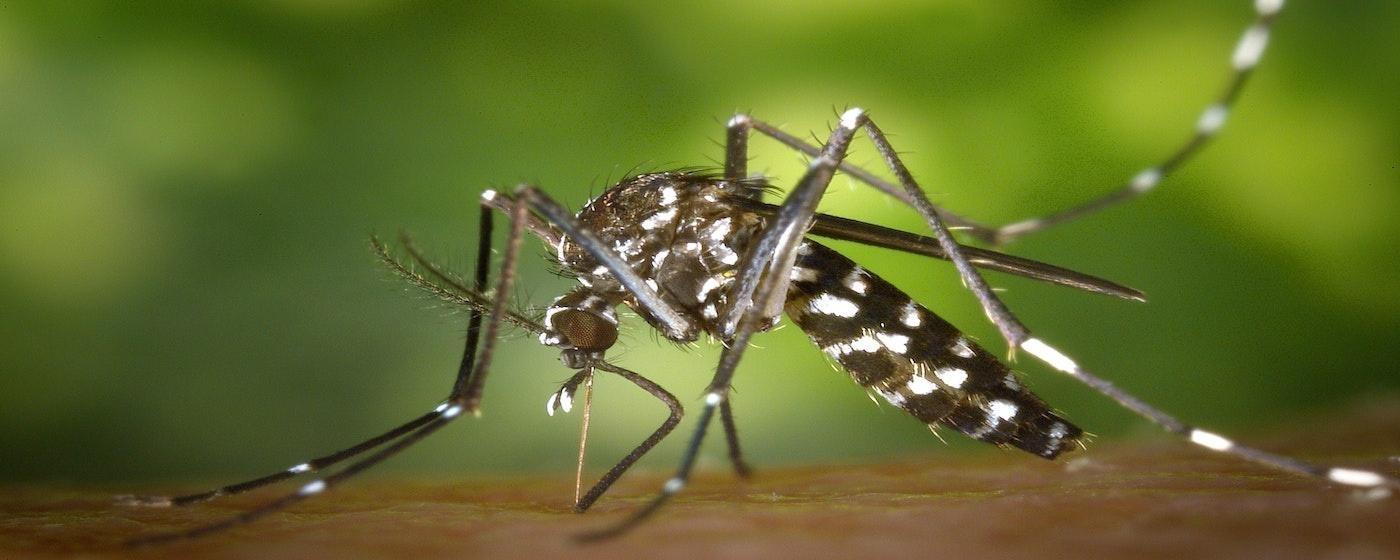Summer Is Gone. So Why The Mosquitos?


Swatting away a mosquito in November can feel, at best, surreal. At worst, it's infuriating. But data suggests that mosquito season will continue to lengthen. Climate change is making mosquito season even longer.
Here’s why.
The number of days above 50 degrees is increasing, which means summer heat is hanging around longer. And as days get warmer, more moisture is evaporated into the air. That increases the humidity in general and means additional days are becoming more humid. Mosquitoes love hot and humid days.
Since 1980, the mosquito season in Durham has lengthened by 37 days. The mosquito season is 33 days longer in Raleigh. Charlotte has a mosquito season that extends for nine additional days. The Greensboro area has seen its mosquito season extend for 32 additional days.
The analysis comes from Climate Central, an independent research organization that studies climate change and its impacts. The group studied data from the federal National Climate Assessment.
Researchers analyzed temperature and humidity trends for the largest cities in the United States, specifically within the preferred range of the Asian tiger mosquito. The temperature range is 50-to-95 degrees with a relative humidity of at least 42 percent.
While the Southeast was found to be the most habitable, more than 20 U.S. cities have ideal mosquito conditions lasting for at least 200 days of the year. Miami has more than 350 days, New Orleans has 250, Dallas has 195.
The expansion of mosquito season and mosquito populations is a concern for health as well as comfort. That’s because as conditions becoming more conducive for mosquitoes, the chance of disease transmission goes up.
You might remember after an unseasonably warm late spring, summer, and early winter in 2012, the U.S. experienced a West Nile Virus outbreak from the Asian tiger mosquito. The Centers for Disease Control reported more than 5,600 people were infected. Nearly 300 of those patients died. The agency believes the outbreak was connected to those higher temperatures, which may have led to larger mosquito populations. West Nile, dengue fever and chikungunya are all mosquito-borne diseases that present an increasing threat to the U.S.